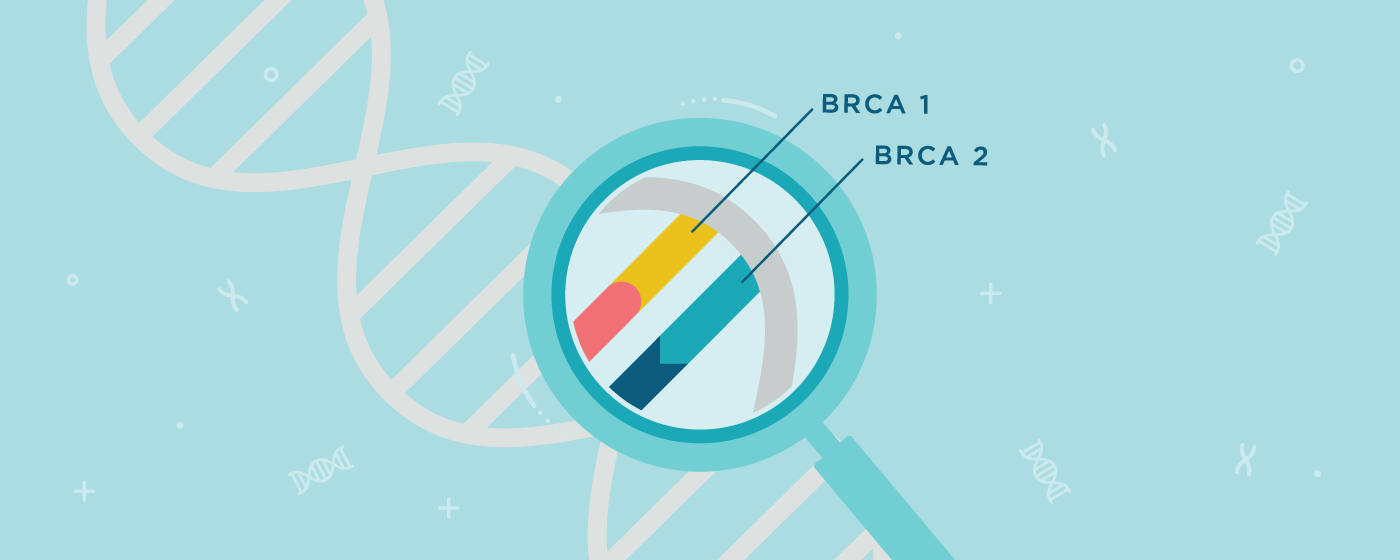Author: Matthew A. Lederman, MD

Family Building as a Cancer Survivor and Previvor
Camp Breastie is an annual four-day summit where hundreds of people impacted by breast and …
July 29, 2024
Read More![Unlocking Future Possibilities: Exploring the Benefits of Egg Freezing]()
Unlocking Future Possibilities: Exploring the Benefits of Egg Freezing
Attention to fertility has increased in recent years, fueled by the trend of women delaying …
April 8, 2024
Read More![Creating a Family After A Cancer Diagnosis]()
Creating a Family After A Cancer Diagnosis
When it comes to the fertility journey, all patients have their own unique story. As I sit at my …
May 24, 2021
Read More![How Do I Know When I'm Ovulating?]()
How Do I Know When I'm Ovulating?
The menstrual cycle is the monthly hormonal cycle women experience in preparation for pregnancy. …
April 20, 2020
Read More![What Does it Mean to Have a Chemical Pregnancy?]()
What Does it Mean to Have a Chemical Pregnancy?
Miscarriage, also known as spontaneous abortion and pregnancy loss, is more common than most realize, and can occur in 25% of pregnancies. The majority of miscarriages occur at less than 10 weeks gestation and result from chromosomal abnormalities in the embryo. A chemical pregnancy, also known as a biochemical pregnancy, is a type of miscarriage which is believed to account for 50% to 75% of all miscarriages, and occurs when a pregnancy is lost shortly after implantation, resulting in bleeding about a week or so after a period was due.
January 20, 2020
Read More![Understanding BRCA]()
Understanding BRCA
A hereditary cancer syndrome is a predisposition to certain types of cancer caused by inherited …
October 21, 2019
Read More![What is Secondary Infertility?]()
What is Secondary Infertility?
Secondary infertility is the inability to conceive or carry a full-term pregnancy after having at …
April 15, 2019
Read More![Fertility Preservation: Options for Women Who are at Risk for Hereditary Ovarian Cancer]()
Fertility Preservation: Options for Women Who are at Risk for Hereditary Ovarian Cancer
Approximately 5 to 15 percent of ovarian cancers can be attributed to hereditary cancer syndromes, which most commonly include the BRCA1 and BRCA2 genes. Knowing if you have an inherited risk for cancer can be a useful tool in prevention, risk reduction, and fertility preservation.
September 17, 2018
Read More







